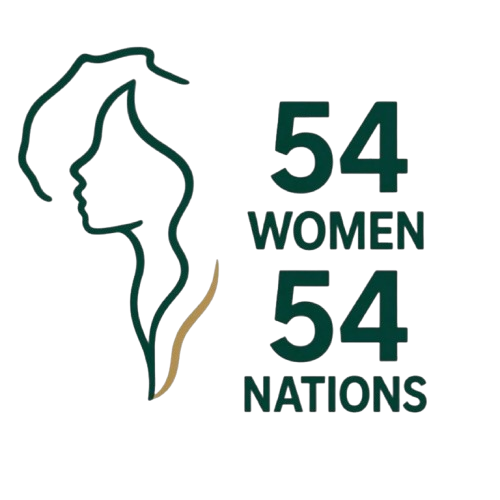Central Africa Region
Women from Central Africa region embody resilience, innovation, and leadership amid complex social and economic landscapes. Across Angola, Cameroon, the Congo basin, and island nations like São Tomé and Príncipe, they sustain families, drive trade, and lead grassroots development despite historical instability and limited resources. Their contributions span agriculture, education, governance, and environmental protection—anchoring national growth and peacebuilding. Central African women have also become pioneers in entrepreneurship, using creativity and community networks to launch small enterprises that empower others. Increasing access to education, technology, and microfinance has expanded their prospects, fostering a generation of confident leaders and changemakers. From the cocoa farms of São Tomé to the energy sectors of Angola and Gabon, these women represent courage, adaptability, and the unstoppable pursuit of equality, shaping a more inclusive and prosperous Central Africa.
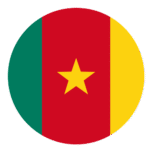
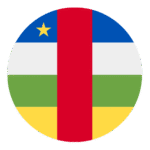

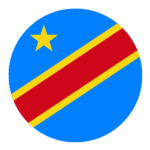
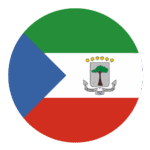

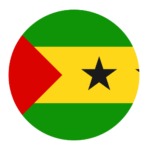

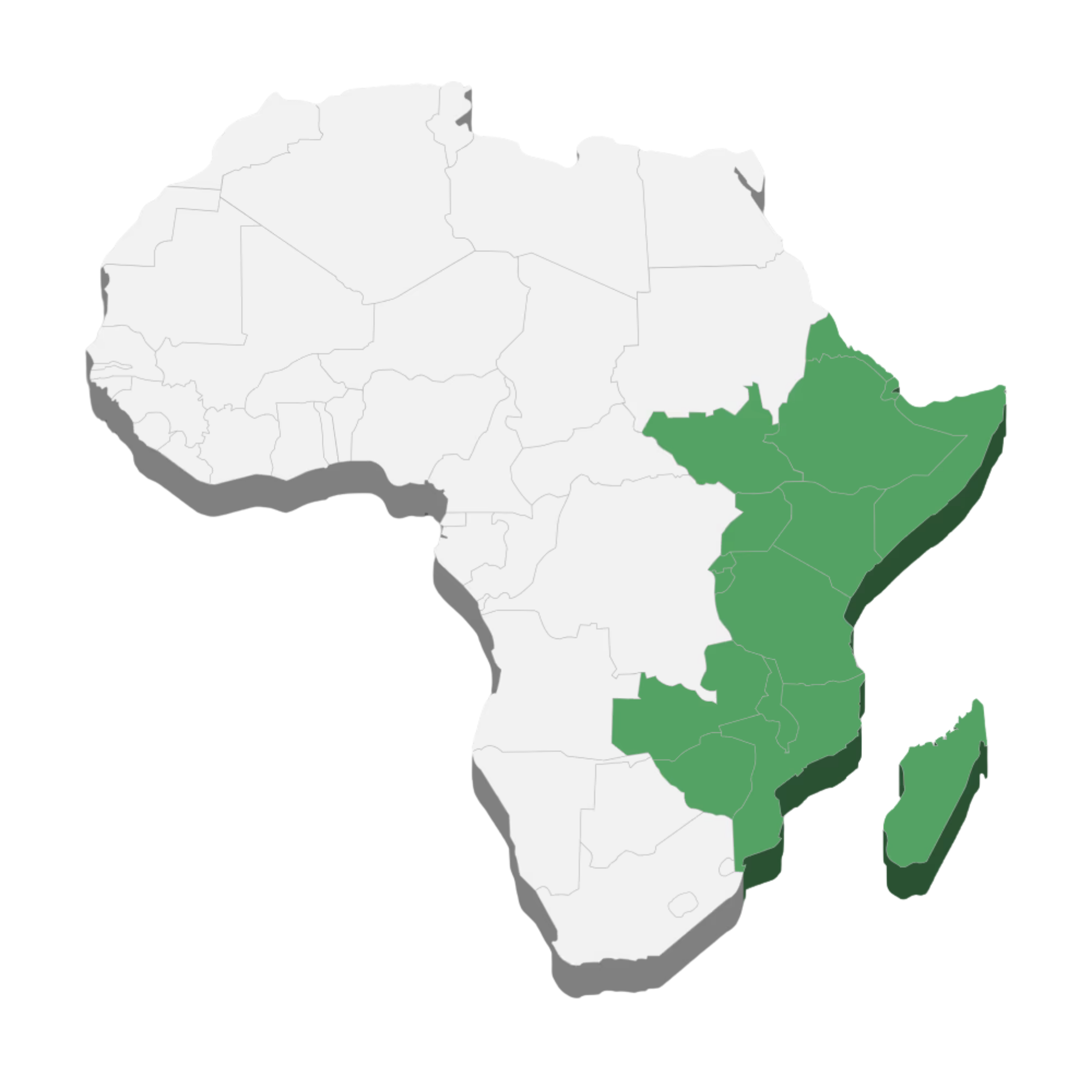
Central Africa Countries
-
Angola, Cameroon, Central African Republic (CAR), Chad, Congo (Republic of the Congo), Democratic Republic of the Congo (DRC), Equatorial Guinea, Gabon, São Tomé and Príncipe
Let us share the Uniqueness of Women from these Central Africa Countries

Cameroonian women are central to the nation’s cultural and economic identity. From agribusiness and handicrafts to education and public administration, women are steadily advancing leadership roles. Cameroon has produced influential female figures in governance, academia, and technology, including innovators tackling issues like food security and renewable energy. Women’s cooperatives flourish in rural communities, creating income and social impact. Despite gender inequality challenges, strong advocacy networks—like the Ministry for the Promotion of Women and the Family—are expanding women’s participation in STEM and entrepreneurship. With education access improving, Cameroonian women stand ready to shape the country’s next phase of inclusive growth and social transformation.
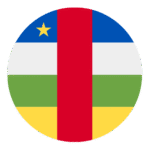 Women in the Central African Republic play courageous roles in peacebuilding, humanitarian care, and local trade despite enduring political instability. They form the backbone of informal markets and agricultural productivity. NGOs and women’s groups promote literacy, microfinance, and civic participation, empowering women to lead reconciliation and reconstruction initiatives. Many female leaders now advocate for community health and education reform, ensuring girls return to school. With expanding international support and grassroots resilience, women in CAR are emerging as change agents rebuilding social trust and economic foundations. Their determination signals a promising future where equality and participation redefine national recovery.
Women in the Central African Republic play courageous roles in peacebuilding, humanitarian care, and local trade despite enduring political instability. They form the backbone of informal markets and agricultural productivity. NGOs and women’s groups promote literacy, microfinance, and civic participation, empowering women to lead reconciliation and reconstruction initiatives. Many female leaders now advocate for community health and education reform, ensuring girls return to school. With expanding international support and grassroots resilience, women in CAR are emerging as change agents rebuilding social trust and economic foundations. Their determination signals a promising future where equality and participation redefine national recovery.

Chadian women exhibit exceptional resilience in overcoming economic and social barriers. They dominate informal commerce, agriculture, and local market networks that sustain communities. In recent years, female representation in government and civil society has grown, and advocacy groups are addressing early marriage, literacy, and access to healthcare. The rise of female entrepreneurs in tailoring, agribusiness, and renewable energy is creating employment opportunities for youth and rural families. With increasing regional cooperation and investment in women’s education, Chad’s women are well positioned to transform community livelihoods, promote environmental sustainability, and strengthen democratic engagement across diverse cultural landscapes.
 Women in the DRC embody resilience and innovation amid economic and humanitarian challenges. They sustain local economies through agriculture, crafts, and informal trade, often leading cooperatives that empower displaced families. Increasingly, Congolese women are entering politics, education, and civil society leadership. Figures like Nobel laureate Dr. Denis Mukwege’s partners and women’s movements are championing gender justice and post-conflict healing. The government and NGOs are expanding programs for women’s education, digital skills, and entrepreneurship. With growing recognition of their leadership potential, DRC women are positioned to shape peacebuilding, inclusive governance, and national development in the years ahead.
Women in the DRC embody resilience and innovation amid economic and humanitarian challenges. They sustain local economies through agriculture, crafts, and informal trade, often leading cooperatives that empower displaced families. Increasingly, Congolese women are entering politics, education, and civil society leadership. Figures like Nobel laureate Dr. Denis Mukwege’s partners and women’s movements are championing gender justice and post-conflict healing. The government and NGOs are expanding programs for women’s education, digital skills, and entrepreneurship. With growing recognition of their leadership potential, DRC women are positioned to shape peacebuilding, inclusive governance, and national development in the years ahead.  Women in Equatorial Guinea are making steady progress in education, entrepreneurship, and healthcare leadership. Though challenges remain, government initiatives and international partnerships are fostering gender equality and women’s empowerment. Female entrepreneurs are emerging in retail, tourism, and creative industries, contributing to diversification beyond oil. Women professionals are increasingly visible in law, medicine, and administration. Organizations advocating for girls’ education and digital literacy are nurturing a new generation of leaders. As women gain more political voice and business confidence, their participation promises to strengthen economic innovation and community development throughout the country.
Women in Equatorial Guinea are making steady progress in education, entrepreneurship, and healthcare leadership. Though challenges remain, government initiatives and international partnerships are fostering gender equality and women’s empowerment. Female entrepreneurs are emerging in retail, tourism, and creative industries, contributing to diversification beyond oil. Women professionals are increasingly visible in law, medicine, and administration. Organizations advocating for girls’ education and digital literacy are nurturing a new generation of leaders. As women gain more political voice and business confidence, their participation promises to strengthen economic innovation and community development throughout the country.
 Gabonese women play an influential role in education, entrepreneurship, and environmental conservation. They are prominent in civil service and leadership, with women holding key ministerial positions and parliamentary seats. Programs like “Gabon Égalité” promote gender parity, entrepreneurship, and vocational training for young women. Female innovators in technology, media, and sustainability are expanding their national impact. Grassroots organizations focus on women’s health, microfinance, and ecological protection. With continued investment in education and digital inclusion, Gabonese women are set to drive social innovation and inclusive growth, positioning Gabon as a model for balanced development in Central Africa.
Gabonese women play an influential role in education, entrepreneurship, and environmental conservation. They are prominent in civil service and leadership, with women holding key ministerial positions and parliamentary seats. Programs like “Gabon Égalité” promote gender parity, entrepreneurship, and vocational training for young women. Female innovators in technology, media, and sustainability are expanding their national impact. Grassroots organizations focus on women’s health, microfinance, and ecological protection. With continued investment in education and digital inclusion, Gabonese women are set to drive social innovation and inclusive growth, positioning Gabon as a model for balanced development in Central Africa.
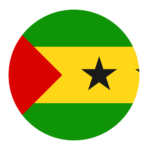 Women in São Tomé and Príncipe are essential to the nation’s community-based economy. They lead cooperatives in cocoa farming, fisheries, and handicrafts while contributing to education and healthcare improvement. Gender equality initiatives supported by the government and UN agencies are fostering women’s entrepreneurship and local governance participation. Female leaders advocate environmental protection and renewable energy, key to the island’s sustainability goals. Literacy programs and access to microfinance have boosted women’s economic independence. As education and technology access expand, Santomean women are increasingly positioned to drive inclusive development and strengthen family welfare across the islands.
Women in São Tomé and Príncipe are essential to the nation’s community-based economy. They lead cooperatives in cocoa farming, fisheries, and handicrafts while contributing to education and healthcare improvement. Gender equality initiatives supported by the government and UN agencies are fostering women’s entrepreneurship and local governance participation. Female leaders advocate environmental protection and renewable energy, key to the island’s sustainability goals. Literacy programs and access to microfinance have boosted women’s economic independence. As education and technology access expand, Santomean women are increasingly positioned to drive inclusive development and strengthen family welfare across the islands.
 Women in the Republic of the Congo are becoming strong drivers of economic diversification and social leadership. They have made strides in entrepreneurship, healthcare, and local governance. Female professionals excel in education, civil service, and environmental activism, particularly in forest conservation. Organizations like the Congolese Women’s Network promote women’s participation in business and technology. Despite challenges related to gender gaps and limited rural infrastructure, educational reforms are encouraging young women to pursue science and innovation. With increasing support from NGOs and private-sector partnerships, Congolese women are poised to accelerate inclusive growth and strengthen the nation’s path toward sustainability and equality.
Women in the Republic of the Congo are becoming strong drivers of economic diversification and social leadership. They have made strides in entrepreneurship, healthcare, and local governance. Female professionals excel in education, civil service, and environmental activism, particularly in forest conservation. Organizations like the Congolese Women’s Network promote women’s participation in business and technology. Despite challenges related to gender gaps and limited rural infrastructure, educational reforms are encouraging young women to pursue science and innovation. With increasing support from NGOs and private-sector partnerships, Congolese women are poised to accelerate inclusive growth and strengthen the nation’s path toward sustainability and equality.
Fun Facts about Central Africa Region
The women of East Africa, spanning countries like Kenya, Tanzania, Uganda, Rwanda, Burundi, South Sudan, Somalia, and the DRC, embody resilience, strength, and diversity.
People
Central African Women
Women Owned Businesses
Women Community Projects
How We Deliver on Africa’s Vision
| AU Aspiration | What It Means | How We Deliver It |
|---|---|---|
| Aspiration 1: A prosperous Africa | Inclusive, sustainable economic growth | We provide support, training, and mentorship for teams to enable them to launch concrete projects, from maternal health initiatives and digital finance training to climate action and small business development. |
| Aspiration 3: Good governance and people-driven development | Women and citizens shaping decisions at every level | We back our leaders to lead national teams, build community coalitions, and push for governance that reflects local realities and works to enhance sustainable growth. |
| Aspiration 5: Strong cultural identity, common heritage, and shared values | African heritage valued at home and respected abroad | We amplify both our leaders and their team’s work through media, connect local impact to global networks, and help reshape Africa’s image on the world stage, on African terms. |
If you Believe it, you can Achieve it

